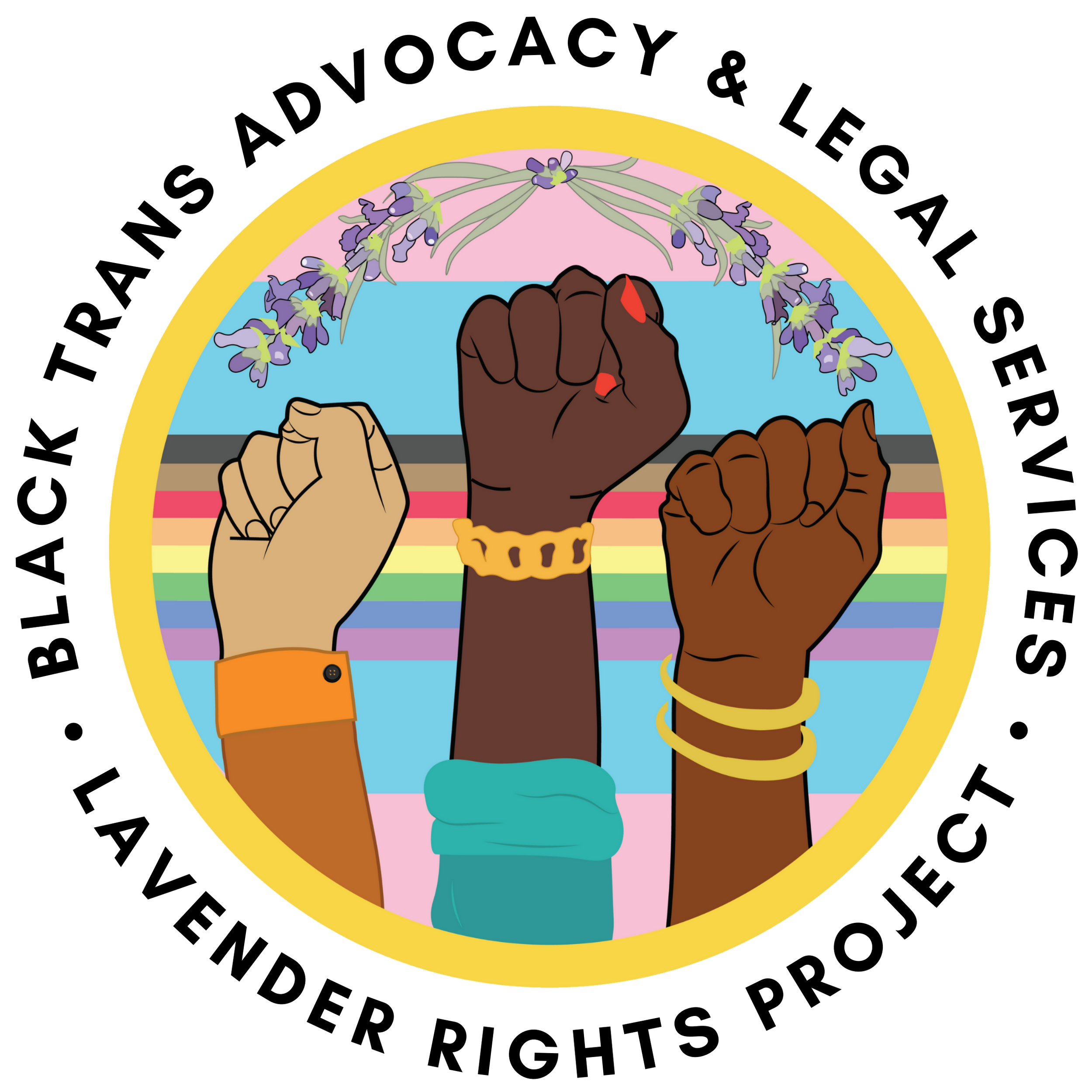What does it mean to integrate Radical Accessibility into Housing Justice?
by Ebo Barton (he/they)
Director of Housing Services
According to Washington State Building Code requirements, at least 4% of units in multi-family buildings—and no less than one—are supposed to be ADA accessible. Unfortunately, as we have toured available properties across Settle, this is playing out very differently than it should. Many buildings in our area have a small number of ADA units segregated from other units, are not fully ADA accessible, and common areas are not accessible. This means many things for our community members needing ADA-accessible units. It means being isolated from neighbors, compromising personal safety by living in inaccessible units, barriers and/or no access to common areas, being forced into institutional facilities, and many other complications that decrease an individual’s quality of life.
Being chronically homeless also means living with at least one disability. According to the 2020 King County Point in Time Count, 11,751 people were experiencing homelessness in King County. Of those people, 6,173 people stayed in temporary shelters. 5,578 were sleeping outside. Point-in-time counts, nationally and locally, indicate that about 25% (likely more) of individuals experiencing homelessness have a disability, including physical, intellectual, and developmental disabilities, and struggle with their mental health. While I think there are many issues with Point In Time Counts (specifically as they count transgender and non-binary individuals by sight), this is just a tiny view of what our communities are facing.
The fight for accessible, affordable, and integrated housing is not new. Disability rights advocates, activists, individuals, and organizers have demanded these fundamental rights for many years and continue to do so. But as with many fights challenging the system, it is a slow process. We need to see systemic changes that truly advocate for disability rights, including the enforcement of policies that are already in place, extensions that go above and beyond ADA requirements, and center people with disabilities at every step of the way.
What I am reflecting on is how we, at Lavender Rights Project, can contribute to this work. It is one thing to ensure ADA accessibility at LRP’s incoming property, but it's another to actually meet the needs of our community members. We must collectively actively support and listen to organizers who have actual, lived experience, and contribute to organizations and individuals spearheading disability justice. We need to contact our local government officials and demand them to guarantee true accessibility, the enforcement of disability rights, and affordable housing specifically for disabled people that is both ADA accessible and integrated within multi-family housing properties. What I also know is that our communities are resilient enough to find alternate ways of meeting their needs, such as community care and mutual aid, but we should not have to fight to have basic rights—something as basic as safe and accessible housing for all.
What I am left with is this question: How can we create accessibility, affordability, and integration within structures that were never intended to be occupied by our communities?
1 All Home. (2020, July). Seattle/King County Point-in-Time count of Individuals Experiencing Homelessness 2020. https://kcrha.org/king-county-point-in-time-count/
2Trans Agenda for Liberation. (2021, January 27). Transgender Law Center. https://transgenderlawcenter.org/trans-agenda-for-liberation
Ebo Barton is a Transgender and Non-Binary, Black and Filipino, Poet, Artist and Educator. Ebo has demonstrated their commitment to equitable change in which BIPOC thrive with power and purpose with their work in the Seattle Arts Community, befriending, mentoring and collaborating with youth, working for justice in health equity, trans rights, managing programs, organizing events and producing shows in the Pacific Northwest for the past 13 years. A leader in arts and activism, Ebo Barton is committed to creating opportunities for others to organize, heal and rejoice.
